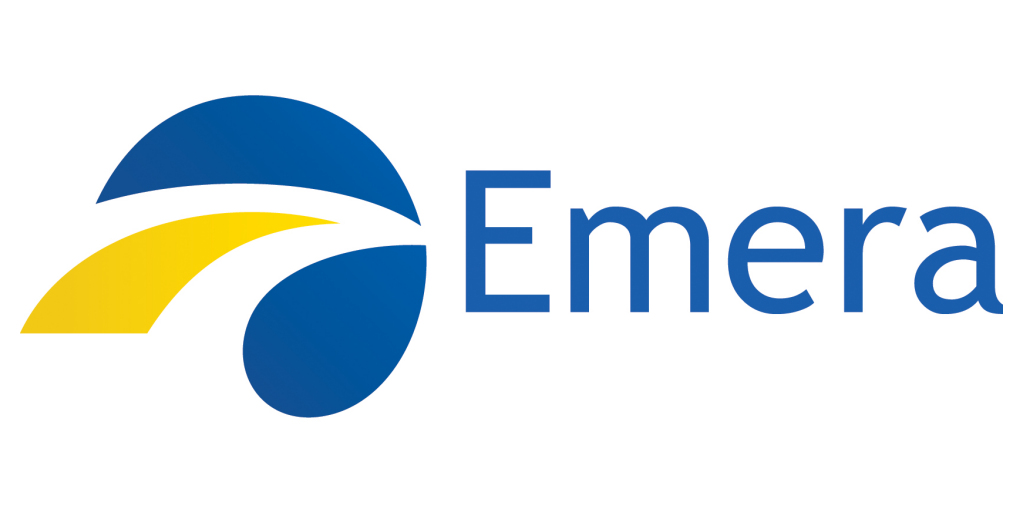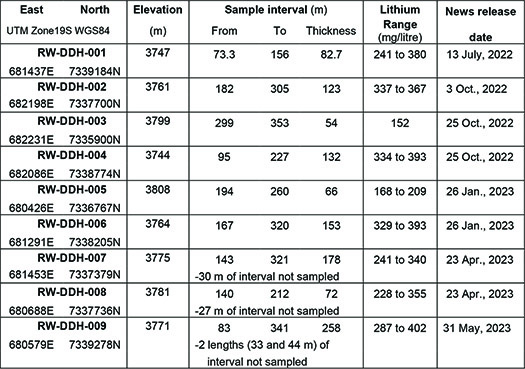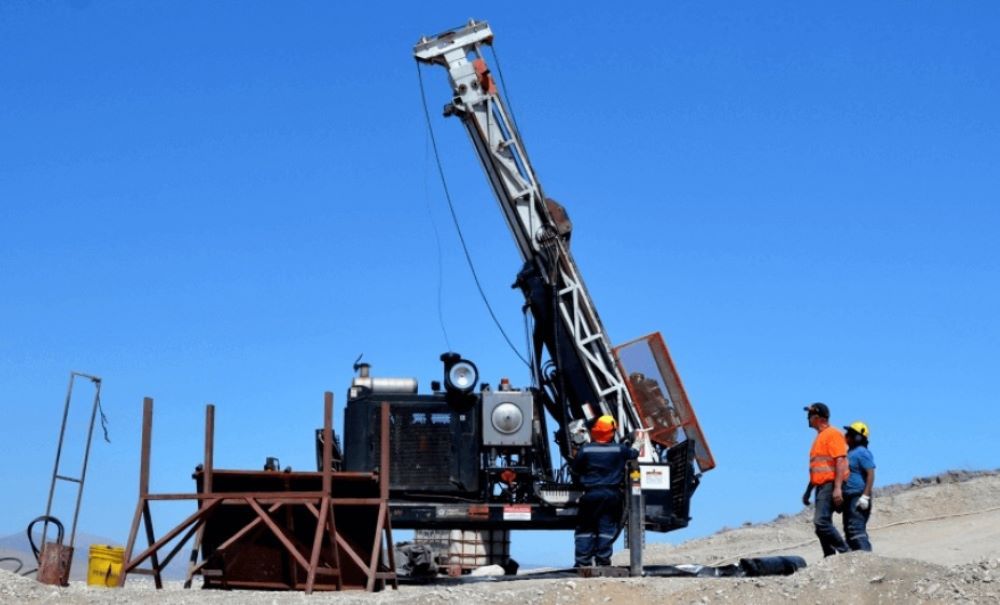Sign up for daily news updates from CleanTechnica on email. Or follow us on Google News!
The mood around the canapé table at CleanTechnica was somber in August when we learned that Proterra had filed for bankruptcy. We like to think the EV revolution will deliver all those who aspire to selling electric vehicles to the promised land of high sales and big profits, but that is sadly not the case.
Just as there are hundreds of car companies that have come and gone since Karl Benz built his first car (many older readers are still dismayed that stalwarts such as Pontiac and Plymouth have left the stage), there will be many electric vehicle manufacturers who will fade into oblivion as well. But we had high hopes for Proterra, we really did.
Here was an innovative company that started out making electric buses using carbon fiber for low weight and durability. It became a charging and battery specialist which helped those who wanted to transition to electric vehicles figure out how to make it happen.
In addition to delivering dozens of its innovative electric buses to the city of Miami, it collaborated with Valley Transportation in Santa Clara County, California, to create a solar microgrid capable of charging multiple electric buses. It supplied Thomas Built Buses with battery packs for 200 electric school buses and agreed to be the battery supplier for Volta and Lightning eMotors electric trucks.
Manufacturing Batteries In California

Proterra opened a battery manufacturing center in Los Angeles that put a priority on giving inner city residents an opportunity to learn new skills that would qualify them for good paying jobs in the electric vehicle industry. Those workers are all members of United Steel Workers Local 675.
At that time, the company said, “In addition to its transit business, Proterra provides its road-tested and proven electric vehicle technology and expertise to other heavy- and medium-duty commercial vehicle manufacturers through the company’s Proterra Powered program.”
“Proterra battery systems have been chosen by world-class OEMs to introduce 100% battery-electric vehicles, including delivery vans, electric school buses, coach buses, and low-floor cutaway shuttle buses. To date, Proterra Powered has helped world-class OEMs like Thomas Built Buses, Van Hool, Freightliner Custom Chassis Corporation (FCCC), Bustech, and Optimal-EV introduce 100% battery-electric vehicles that are powered by Proterra electric vehicle technology.”
With all that good karma at the foundation of the company, how could it fail? But fail, it did. The gozoutas were just more than the gozintas, which meant Proterra always needed to borrow more money to stay afloat. In September, the company admitted its business model was just not sustainable and filed for bankruptcy protection.
A Quiet Announcement
In a terse press release dated November 10, 2023, Volvo Group said, “Proterra Inc. and Proterra Operating Company Inc. are in a voluntary Chapter 11 bankruptcy process in the US. Volvo Group has been selected as the winning bidder in an auction for the business and assets of the Proterra Powered business unit at a purchase price of $210 million.”
“The transaction between Proterra Inc. and Proterra Operating Company as sellers and Volvo is subject to approval by the bankruptcy court in the US. In addition, closing of the transaction, which is expected early 2024, will be subject to merger clearance and certain other conditions.
“The assets to be acquired include a development center for battery modules and packs in California and an assembly factory in South Carolina. With this acquisition, Volvo Group will complement the current, and accelerate its future battery-electric road map. The transaction has no material impact on the Volvo Group financial performance.”
Proterra filed for Chapter 11 bankruptcy protection — which is effectively a self-administered bankruptcy proceeding for restructuring a business — in August. At that time, it spoke of a “strategic initiative to strengthen [its] financial position and sharpen [its] technology focus.”
Proterra CEO Gareth Joyce said, “Proterra is at the forefront of the innovations that are driving commercial vehicle electrification. We know we’re building industry-leading products that our customers want and need. The foundation we have built has set the stage for decarbonization across the commercial vehicle industry as a whole, and we recognize the great potential in all of our product offerings to enable this important transformation. This is why we are taking action to separate each product line through the Chapter 11 reorganization process to maximize their independent potential.”
“While our best-in-class EV and battery technologies have set an industry standard, we have faced various market and macroeconomic headwinds, that have impacted our ability to efficiently scale all of our opportunities simultaneously. As commercial vehicles accelerate towards electrification, we look forward to sharpening our focus as a leading EV battery technology supplier for the benefit of our many stakeholders,” said Joyce. Proterra reported hardware bottlenecks in the summer of 2022 and named the availability of parts as one of the biggest challenges.
Chapter 11 insolvency proceedings in the US allow a company to reorganize while protecting it from legal actions by debtors until the reorganization is complete. If a company is insolvent and sees no basis for successful continued operation, it terminates those operations according to the rules of Chapter 7. In the wake of the 2009 financial crisis, General Motors also filed for Chapter 11 bankruptcy proceedings.
Proterra went public in 2021 via a SPAC merger to facilitate access to investor funds. At the time, the company was valued at $1.6 billion, including debt. At the last close of trading before the Chapter 11 bankruptcy announcement, Proterra still had a market value of $362 million.
Proterra Factory In South Carolina
Proterra just ramped up production at a new battery assembly plant in Greer, South Carolina, in January of this year. The company operates another plant in California. In both cases, cylindrical cells from LG Energy Solution are processed into battery packs used in Proterra’s electric buses and by third party customers. Since business operations will continue, the customer projects mentioned remain unaffected for now.
One of the curiosities in this arrangement is that Volvo Group is owned by Geely, a Chinese manufacturer of electric vehicles that includes such brands as Zeeker, Geometry, Link ‘N Company, London Electric Vehicle Company, Lotus Cars, Polestar, Proton, and Volvo Cars. Geely shares typically trade in the $1.00 to $2.00 range on NASDAQ, which might suggest the company has limited market value. And yet it has managed to assemble a massive presence in the world of electric vehicles.
We will be curious to see how Geely leverages its newfound acquisition. Volvo Group manufactures trucks, buses, construction equipment, and power solutions for marine and industrial applications. In other words, Proterra should be a perfect fit for its business.
There is always the possibility that one day, Geely will break out of its low public profile and we will learn it is one of the success stories of the marker transition from cars and trucks with internal combustion engines to battery powered vehicles. And Proterra will be recognized as an important part of that success. Stranger things have happened in the auto business.
Have a tip for CleanTechnica? Want to advertise? Want to suggest a guest for our CleanTech Talk podcast? Contact us here.
EV Obsession Daily!
I don’t like paywalls. You don’t like paywalls. Who likes paywalls? Here at CleanTechnica, we implemented a limited paywall for a while, but it always felt wrong — and it was always tough to decide what we should put behind there. In theory, your most exclusive and best content goes behind a paywall. But then fewer people read it!! So, we’ve decided to completely nix paywalls here at CleanTechnica. But…
Thank you!
Community Solar Benefits & Growth
CleanTechnica uses affiliate links. See our policy here.




